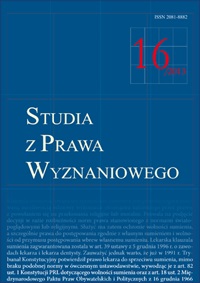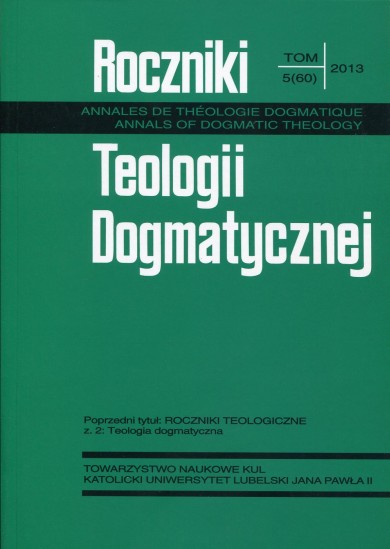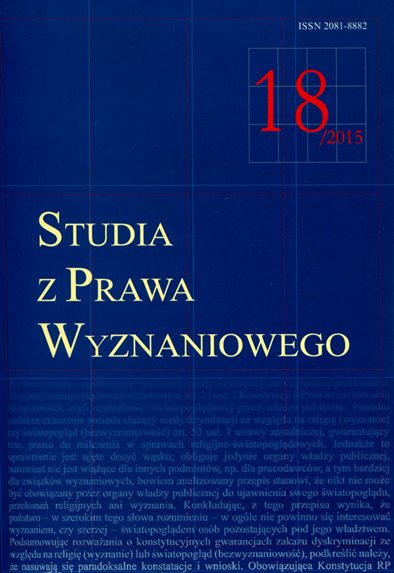
Skuteczność zawarcia umowy pożyczki przez parafię bez zezwolenia biskupa
The parish, under the art. 52 of the relationship between the State and the Catholic Church in Poland Act as art. 23 of the Concordat of 1998 is an entity in the course of civil law. There is a close connection between canon law and civil law regarding entering into a loan agreement. The basis to appeal is by legislature and the cannon case law in article 63 § 1-2 of the Civil Code. The lack of the bishop’s consent upholds a sanction of suspended ineffectiveness. It is therefore defective and can only become fully effective upon confirmation. There should be statutes in each diocese to determine which acts are beyond the limits and the manner of ordinary administration. If there is no provision within the statutes regarding this point, the decision remains with the diocesan bishop who following consultation with the financial committee, determines these acts for the persons subject to him. It would also seem legitimate to stipulate the creation of inventory of measures to form Acts to control extraordinary management, to which loan agreements can be added. A parish priest entering into a loan agreement is also obliged take into account particular law as well as the common law vested right. If the loan amount exceeds the limits and manner of ordinary administration the parish priest should initially consult the parish finance council and obtain authorisation from the diocesan bishop, prior to taking measures of the act. The responsibility for the lack of an appropriate authority in the first place belongs to the parish priest and not to the employees of the bank, who do not need to know the canon law. Hence there is a demand for diligent educating of clergy in the Church of patrimonial law in the seminaries and provision of relevant education courses on the management of parish property. In addition, if the parish priest causes harm to a person, as a result of failure to comply with the loan agreement; he is obliged to repair the damage. The parish does not take responsibility for actions taken by the administrator, unless it has gained benefits.
More...

